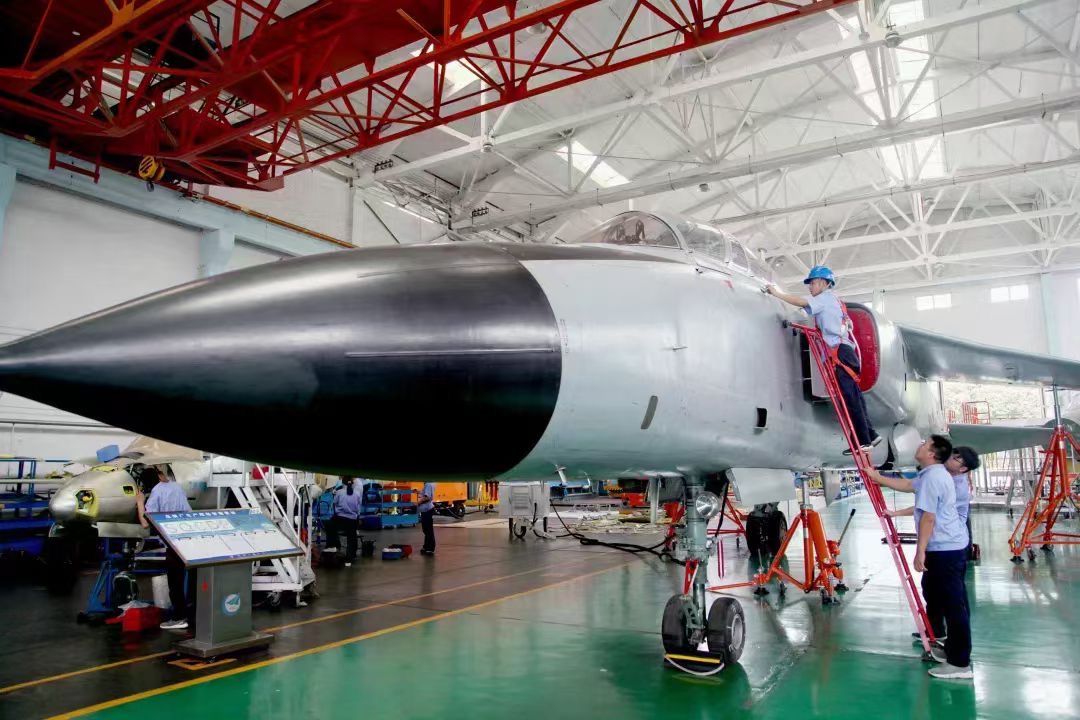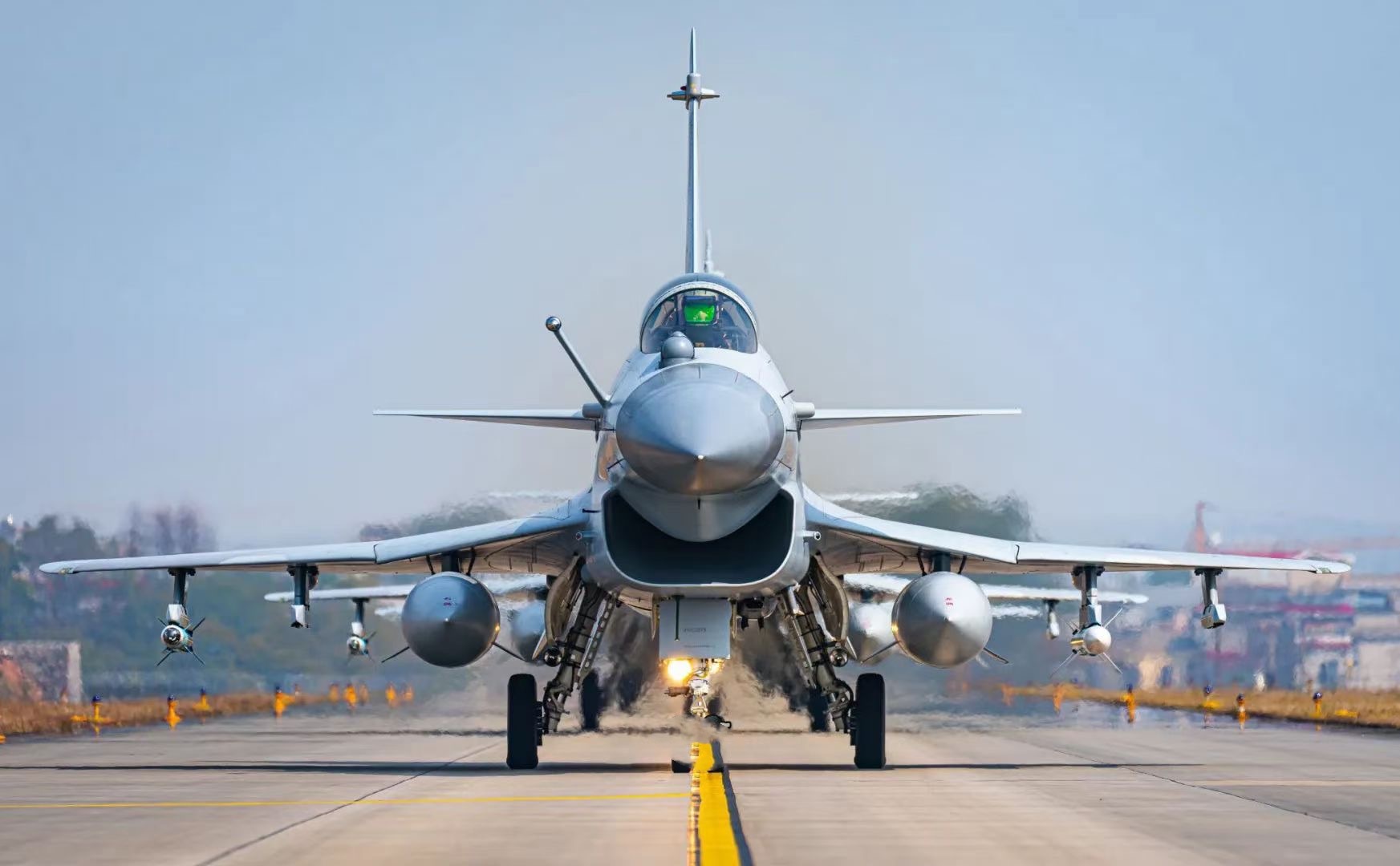1. Energy storage efficiency and cost
The issue of energy storage efficiency:
Energy storage aircraft ground power sources are often accompanied by energy loss during storage and release due to technical limitations.
This is mainly due to factors such as the internal resistance of the battery or other energy storage medium, incomplete chemical reactions, and heat losses.
Lower energy storage efficiencies mean that less power can actually be supplied to the aircraft than is theoretically stored, increasing overall energy consumption and costs.
High initial investment:
Ground power for energy storage aircraft requires advanced energy storage equipment, such as high-performance battery packs and supercapacitors, which are expensive to manufacture.
In addition, in order to ensure the stability and safety of the power supply, a large amount of money needs to be invested in research and development, testing and maintenance.
Therefore, the initial investment cost of energy storage aircraft ground power supply is significantly higher than that of traditional aircraft ground power supply.

2. Energy storage capacity and charging time
Limited energy storage capacity
Due to the physical and chemical characteristics of batteries or other energy storage media, the energy storage capacity of an energy storage aircraft ground power supply is usually limited.
During aircraft maintenance or testing, if the demand for power exceeds the capacity of the storage device, it is necessary to frequently replenish power from the grid or other sources, which not only increases operational complexity, but also may affect the maintenance schedule and efficiency.
Longer charging time
Energy storage devices require a certain amount of time to recharge after they run out of power. For large energy storage devices, the charging time can be hours or even tens of hours.
This means that during aircraft maintenance or testing, if the energy storage device has insufficient power, the work progress may be delayed due to the long charging time.

3. Safety and reliability
Safety hazards
Energy storage devices such as battery packs may generate a large amount of heat during the charging and discharging process, which may lead to safety accidents such as fires or explosions if the heat dissipation system is imperfect or poorly designed.
In addition, the chemical substances in the battery packs may cause harm to the environment and human health.
Therefore, energy storage aircraft ground power supply in the design and use of the process needs to pay special attention to safety issues.
Reliability
The reliability of the ground power supply for energy storage aircraft is affected by a variety of factors, such as the life of the battery pack, the number of times of charging and discharging, the use of the environment and so on.
With the increase of using time and the accumulation of charging and discharging times, the performance of the battery pack will gradually decline, thus affecting the reliability of the whole power system.
In addition, if there are defects or deficiencies in the design and manufacture of the power system, it may also lead to reliability problems.
4. Technology maturity and compatibility
Insufficient technology maturity
Although energy storage technology has made significant progress in recent years, its application in the field of aircraft ground power supply is still in a relatively early stage.
The technological maturity of energy storage-based aircraft ground power may not be high enough, and there are some unknown technical issues and challenges.
This may lead to some unforeseen problems and failures in practical applications.
Compatibility issues
Different types and sizes of aircraft may have different power requirements.
Energy storage aircraft ground power needs to have good compatibility to meet the power requirements of different aircraft.
However, some compatibility problems, such as mismatch of voltage, current, frequency and other parameters, may occur in practical applications.
These problems may result in the power system not working properly or affecting the normal operation of the aircraft.






